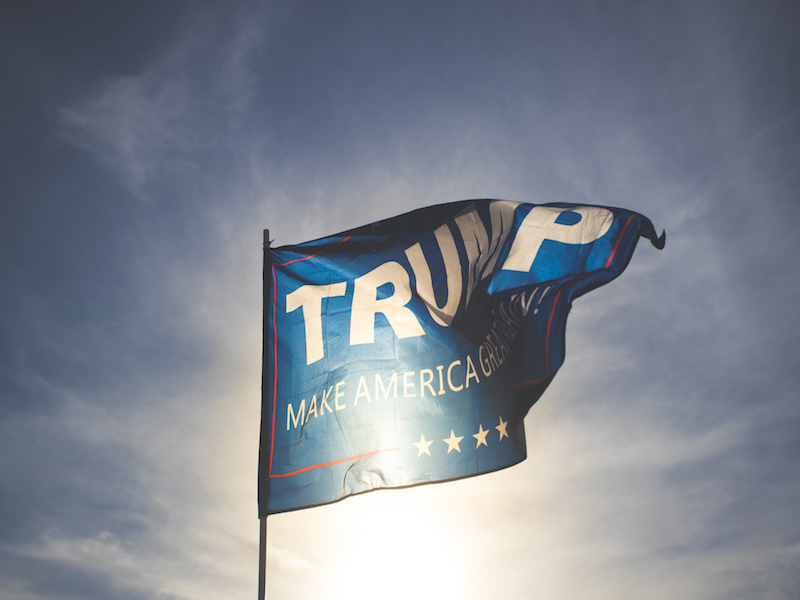

Have recent geopolitical events such as Brexit and the U.S. election threatened the global trend toward sustainability? Martin Grosskopf, vice-president and portfolio manager of sustainable investments with AGF Investments, says it has certainly shaken things up. But it hasn’t thrown it totally off course.
Rather, Grosskopf believes the global transition toward sustainability themes is long term in nature and remains on course, driven by consumers, corporations and governments around the world. One indication that the transition remains on track is the broad integration of environmental, social and governance (ESG) factors into investment decision-making.
The growth of ESG investing over the last 10 to 15 years has been one of the most successful investment concepts in the history of modern capitalism, Grosskopf asserts. “We’ve gone from zero to $60 trillion now signed up to the UN Principles for Responsible Investment,” he explains. However, there are still some investors who remain skeptical of ESG as an investment tool and continue to manage their portfolios based on traditional benchmarks.
More needs to be done. Rather than continue to allocate to traditional benchmarks, investors may be better served allocating from a thematic perspective and to companies providing solutions to sustainability problems. Institutional investors may view climate change as the most important environmental issue from a risk perspective,” he says. But he also adds that, despite our best efforts to improve, 2016 was confirmed as the warmest year ever and the Arctic Sea ice has been melting at a more dramatic rate. “From the standpoint of impact on the actual issues, I personally think we’re running up against the limits of where a concept like ESG will go within the investment community.”
Hollowing Out
The rise of populism globally has been a symptom of a “hollowing out” of the global middle class. Grosskopf points to research from Stifel, which shows the real increase in wages by percentage of global income distribution, with the middle class in developed markets seeing paltry wage gains over the past 20 years compared to the emerging markets and the richest 1 percent.
“The middle class has become poor while we’ve been outsourcing all those jobs to the emerging markets — to the benefit of corporate profits and product prices,” he says. “It’s a hollowed-out segment of the developed world and we’re paying the consequences for that now.”
So where are the opportunities? Grosskopf encourages plan sponsors to look at the world thematically and to learn from their mistakes. China has had to cancel flights due to smog advisories — this can be a catalyst for policy changes in the same way as fatal levels of smog in Los Angeles led to emissions control regulations in the 1970s. The good news is that people care more about such issues as they amass wealth — and that is happening in places like China where environmental issues are front and centre. “They are going to spend a great deal of money to improve this situation, and that’s going to result in investment opportunities,” he says.
Money is already being spent in areas such as cleaner transportation through the creation of electric vehicles to reduce diesel emissions and CO2, and improvements to battery technology that will eventually reduce oil demand over time. The growth in wind, solar and agriculture will result in more products that people think will benefit their health.
